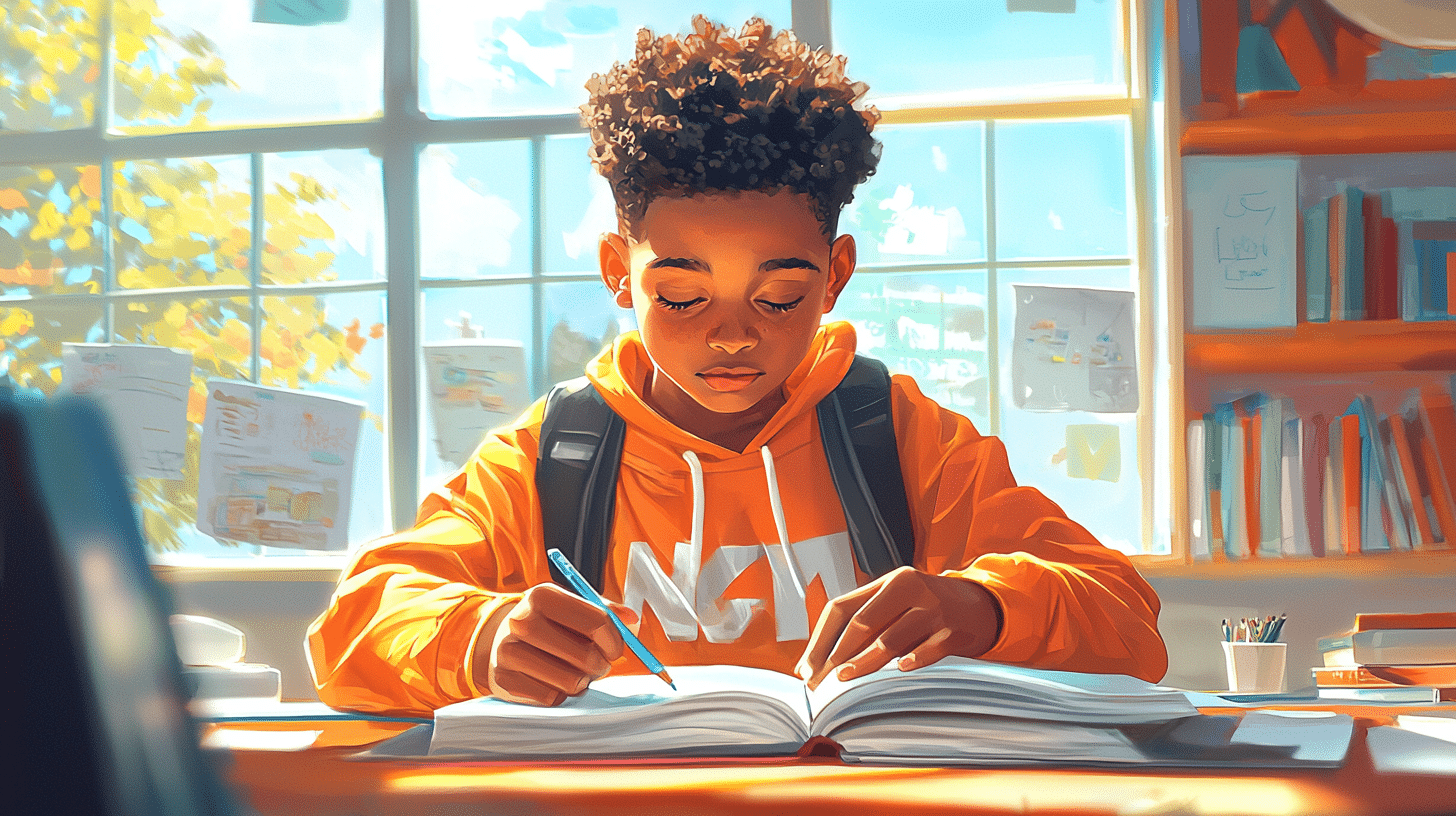
Mastering adjective agreement in Italian is a crucial step in achieving fluency. Italian adjectives must agree in both gender and number with the nouns they modify, which can be a challenging aspect for English speakers since English adjectives do not change form. Understanding these agreements is essential for constructing grammatically correct sentences and conveying precise meanings. Whether you are describing a person, object, or idea, the adjective must match the noun’s characteristics, making it essential to learn the rules and practice regularly. In this section, you will find a variety of exercises designed to help you grasp the intricacies of Italian adjective agreement. These exercises will guide you through the process of aligning adjectives correctly with nouns in terms of gender (masculine or feminine) and number (singular or plural). By engaging with these activities, you will not only enhance your grammatical accuracy but also boost your confidence in using Italian in everyday conversations. Dive in and start practicing to solidify your understanding and improve your proficiency in the Italian language.
1. La casa è molto *bella* (beautiful, singular, feminine).
2. I bambini sono molto *bravi* (good, plural, masculine).
3. Ho comprato delle mele *rosse* (red, plural, feminine).
4. Il libro è molto *interessante* (interesting, singular, masculine).
5. Le ragazze sono *intelligenti* (smart, plural, feminine).
6. Questo vino è *buono* (good, singular, masculine).
7. La macchina nuova è *costosa* (expensive, singular, feminine).
8. Gli studenti sono *studiosi* (studious, plural, masculine).
9. La pizza era *deliziosa* (delicious, singular, feminine).
10. Gli appartamenti sono *grandi* (big, plural, masculine).
1. La casa è molto *bella* (The house is very ___) (adjective for "house" - feminine singular).
2. Ho comprato due magliette *rosse* (I bought two red ___) (adjective for "shirts" - feminine plural).
3. Il libro è molto *interessante* (The book is very ___) (adjective for "book" - masculine singular).
4. I gatti sono *neri* (The cats are ___) (adjective for "cats" - masculine plural).
5. Le finestre sono *aperte* (The windows are ___) (adjective for "windows" - feminine plural).
6. La macchina è *nuova* (The car is ___) (adjective for "car" - feminine singular).
7. I bambini sono *felici* (The children are ___) (adjective for "children" - masculine plural).
8. Le studentesse sono molto *intelligenti* (The female students are very ___) (adjective for "female students" - feminine plural).
9. Il mare è *calmo* oggi (The sea is ___ today) (adjective for "sea" - masculine singular).
10. Gli amici sono sempre *leali* (The friends are always ___) (adjective for "friends" - masculine plural).
1. La casa è molto *grande* (big, feminine singular).
2. I cani sono *felici* (happy, masculine plural).
3. La bambina ha capelli *lunghi* (long, masculine plural).
4. Gli studenti sono *intelligenti* (intelligent, masculine plural).
5. La torta è *buona* (good, feminine singular).
6. Le ragazze sono *belle* (beautiful, feminine plural).
7. Il libro è *interessante* (interesting, masculine singular).
8. I fiori sono *colorati* (colorful, masculine plural).
9. La macchina è *nuova* (new, feminine singular).
10. Gli alberi sono *alti* (tall, masculine plural).